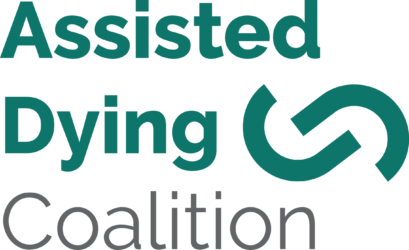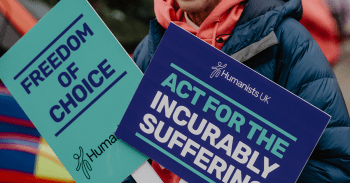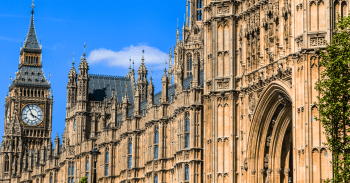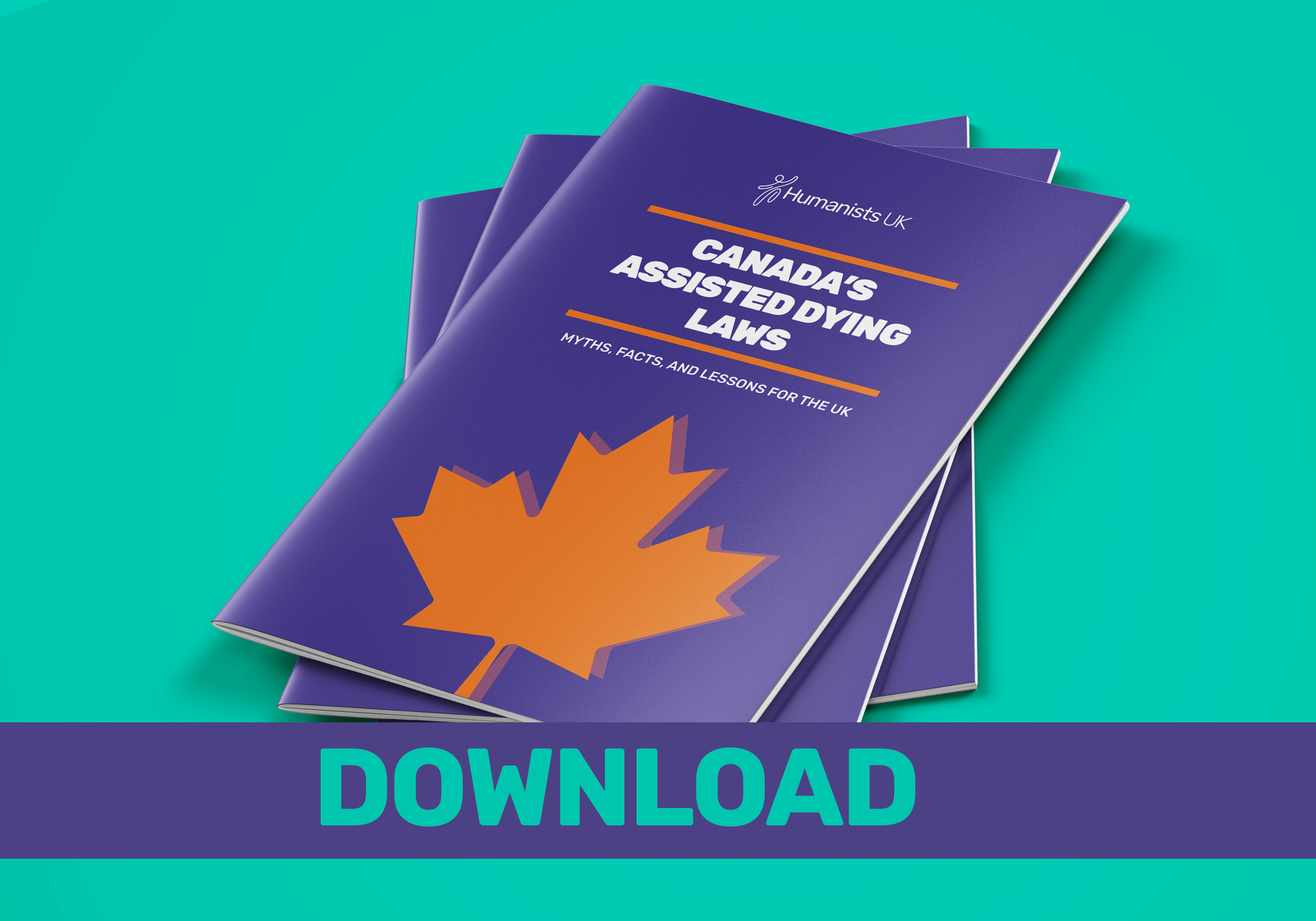 Today in Parliament, DIGNITAS told the Health and Social Care Committee that the UK should legalise assisted dying. The Committee received testimony from several experts from Switzerland to inform its inquiry on assisted dying.
Today in Parliament, DIGNITAS told the Health and Social Care Committee that the UK should legalise assisted dying. The Committee received testimony from several experts from Switzerland to inform its inquiry on assisted dying.
Silvan Luley, team member of DIGNITAS, told the inquiry ‘DIGNITAS has conducted over 3,600 assisted deaths and there has not been a single case that was undignified.’ Citing that over 540 British citizens have had an assisted death at the assisted dying centre, Luley told the inquiry ‘its about time to change the law’.
‘If you legalise assisted dying, it will improve conversations with patients, make it transparent, public, clear, and make it possible to do research. Doctors will feel safe, people will feel safe.’
There are several organisations in Switzerland that allow people from abroad to die. In 2019 the Assisted Dying Coalition published research that showed that more than one UK citizen a week has an assisted death in Switzerland. The number of British members of DIGNITAS has increased by more than 80% in the past decade.
Dr Georg Bosshard, a practising geriatrician in Switzerland, said that Swiss people would find the UK’s blanket ban on assisted dying ‘unthinkable’. Samia Hurst-Majno, Professor of Biomedical Ethics, warned the Committee of both under-regulation but also overregulation of assisted dying. She added that banning assisted dying isn’t a step that protects vulnerable people.
Switzerland has allowed assisted dying since 1942, as long as the ‘motives are not selfish’. It is one of the few countries in the world that allows citizens of other countries to have an assisted death.
The Committee has met with international experts from Belgium, the Netherlands, and Canada, which like Switzerland have assisted dying for both the terminally ill and incurably suffering; and experts from Australia, New Zealand, and America, that have assisted dying for the terminally ill only. Practitioners from all jurisdictions similarly gave overwhelming evidence for a change in the law.
The Committee has already published its initial findings from a public survey, and commented on its fact-finding trip to Oregon.
The session comes in the shadow of the Royal College of Surgeons ending opposition to assisted dying just last week, as a survey revealed that most surgeons would support assisted dying in the UK.
Humanists UK Assisted Dying Campaigner Nathan Stilwell said:
‘The evidence from Switzerland is overwhelmingly clear – assisted dying legislation is compassionate, safe, and absolutely necessary. The UK must stop exporting compassion abroad – it’s cruel to force our citizens to flee in exile just to have the choice at the end of life they deserve. We should have the right to die at home.
‘Humanists will always defend the right of each individual to live by their own personal values – including the right to make end-of-life decisions. Legalising assisted dying enhances people’s dignity, autonomy and choice. The evidence that has been submitted to the inquiry shows that assisted dying systems abroad are safe, workable, and receive tremendous amounts of public support.’
Notes:
For further comment or information, media should contact Humanists UK Assisted Dying Campaigner Nathan Stilwell at press@humanists.uk or phone 07456200033.
Read about the inquiry’s session on Belgium, the Netherlands, and Canada
Read about the inquiry’s session on Australia, New Zealand, and America.
Read more about a decade of campaigning for the legal right to die – at home and abroad.
Read the ONS study on suicides among people diagnosed with severe health conditions.
Read more about our campaign to legalise assisted dying in the UK.
Humanists UK is the national charity working on behalf of non-religious people. Powered by 100,000 members and supporters, we advance free thinking and promote humanism to create a tolerant society where rational thinking and kindness prevail. We provide ceremonies, pastoral care, education, and support services benefitting over a million people every year and our campaigns advance humanist thinking on ethical issues, human rights, and equal treatment for all.

 A majority of Surgeons support assisted dying, according to
A majority of Surgeons support assisted dying, according to  Today in Parliament, the Health and Social Care Committee
Today in Parliament, the Health and Social Care Committee  Today, the Human Rights (Joint Committee)
Today, the Human Rights (Joint Committee) 

 Seven of the 11 members of the Health and Social Care Select Committee have previously opposed assisted dying, with only three being known to be supportive. Last month the Committee launched an inquiry on assisted dying. Humanists UK has said it is vital that the Committee takes a careful, balanced look at the evidence, and listens to those who want an assisted death and their loved ones.
Seven of the 11 members of the Health and Social Care Select Committee have previously opposed assisted dying, with only three being known to be supportive. Last month the Committee launched an inquiry on assisted dying. Humanists UK has said it is vital that the Committee takes a careful, balanced look at the evidence, and listens to those who want an assisted death and their loved ones. Humanists UK has
Humanists UK has 
 My Death, My Decision has officially launched a campaign group on the Isle of Man. The grassroots group Let Me Choose will become My Death, My Decision Isle of Man and will campaign to legalise assisted dying on the island for the terminally ill and incurably, intolerably suffering.
My Death, My Decision has officially launched a campaign group on the Isle of Man. The grassroots group Let Me Choose will become My Death, My Decision Isle of Man and will campaign to legalise assisted dying on the island for the terminally ill and incurably, intolerably suffering. My Death, My Decision has
My Death, My Decision has